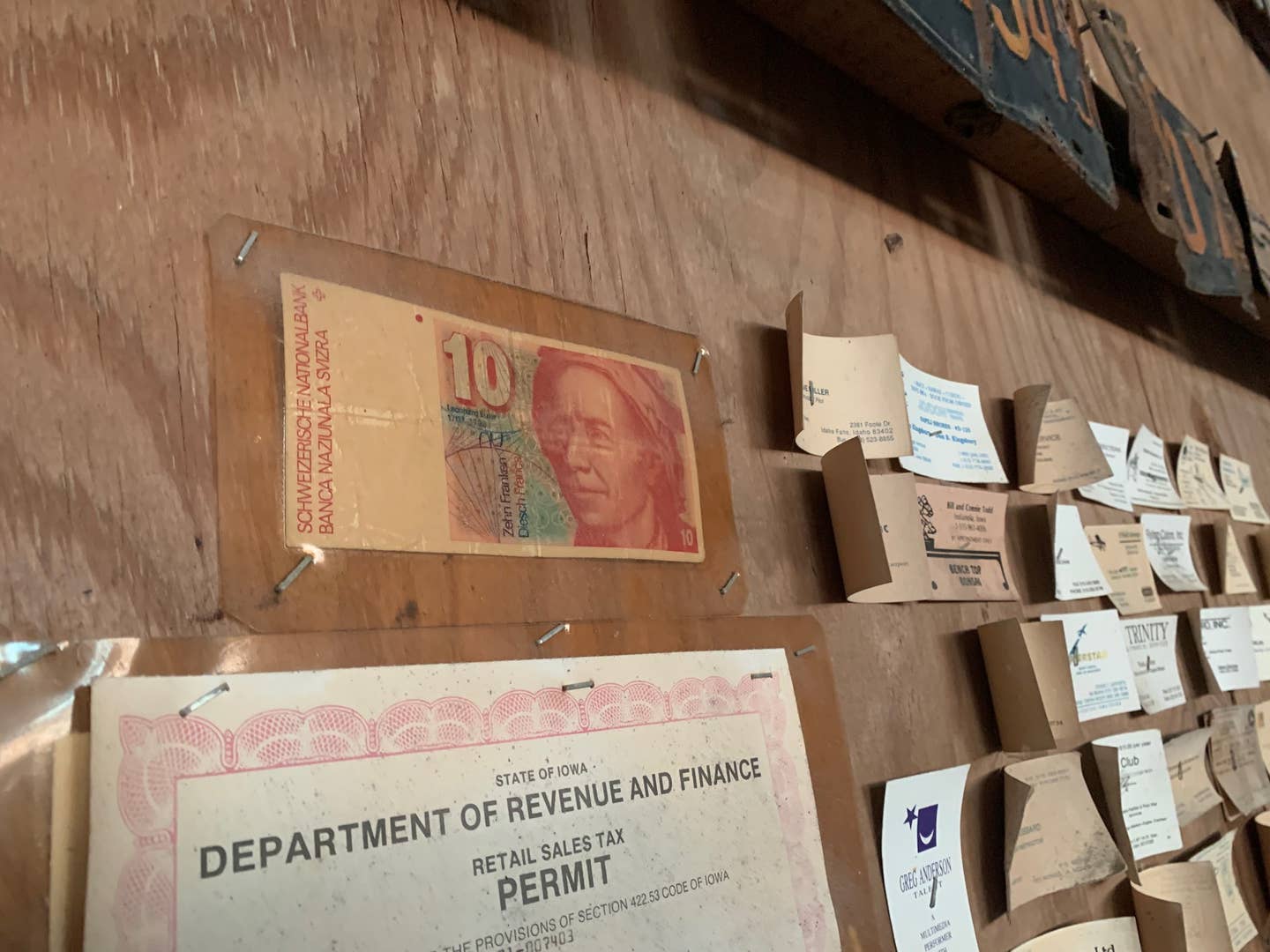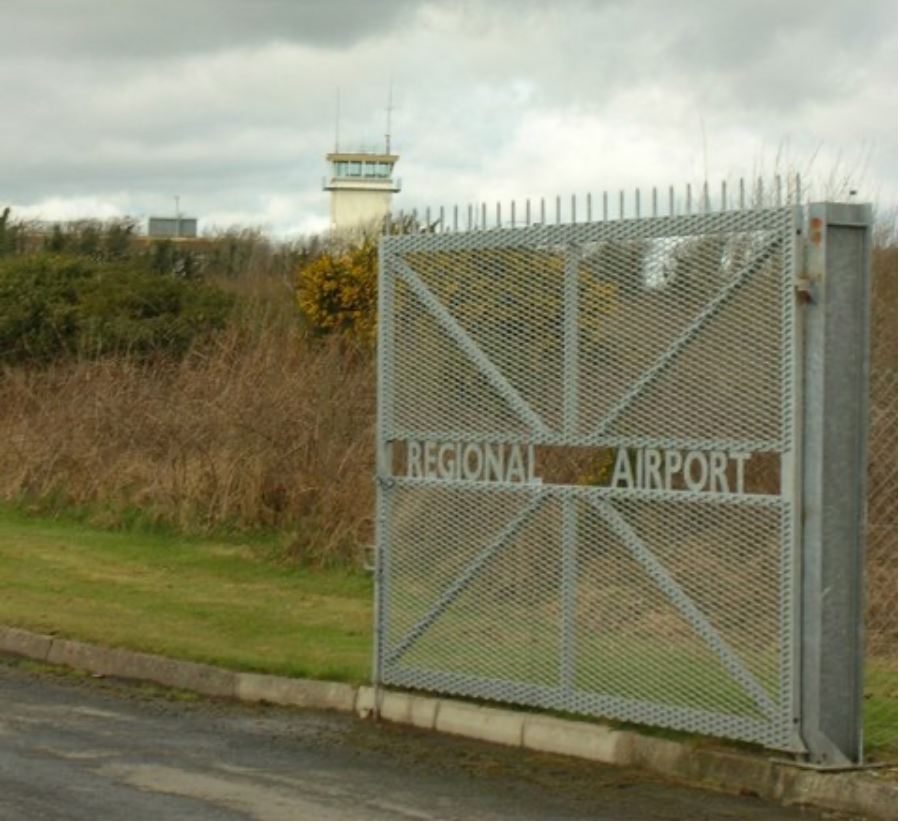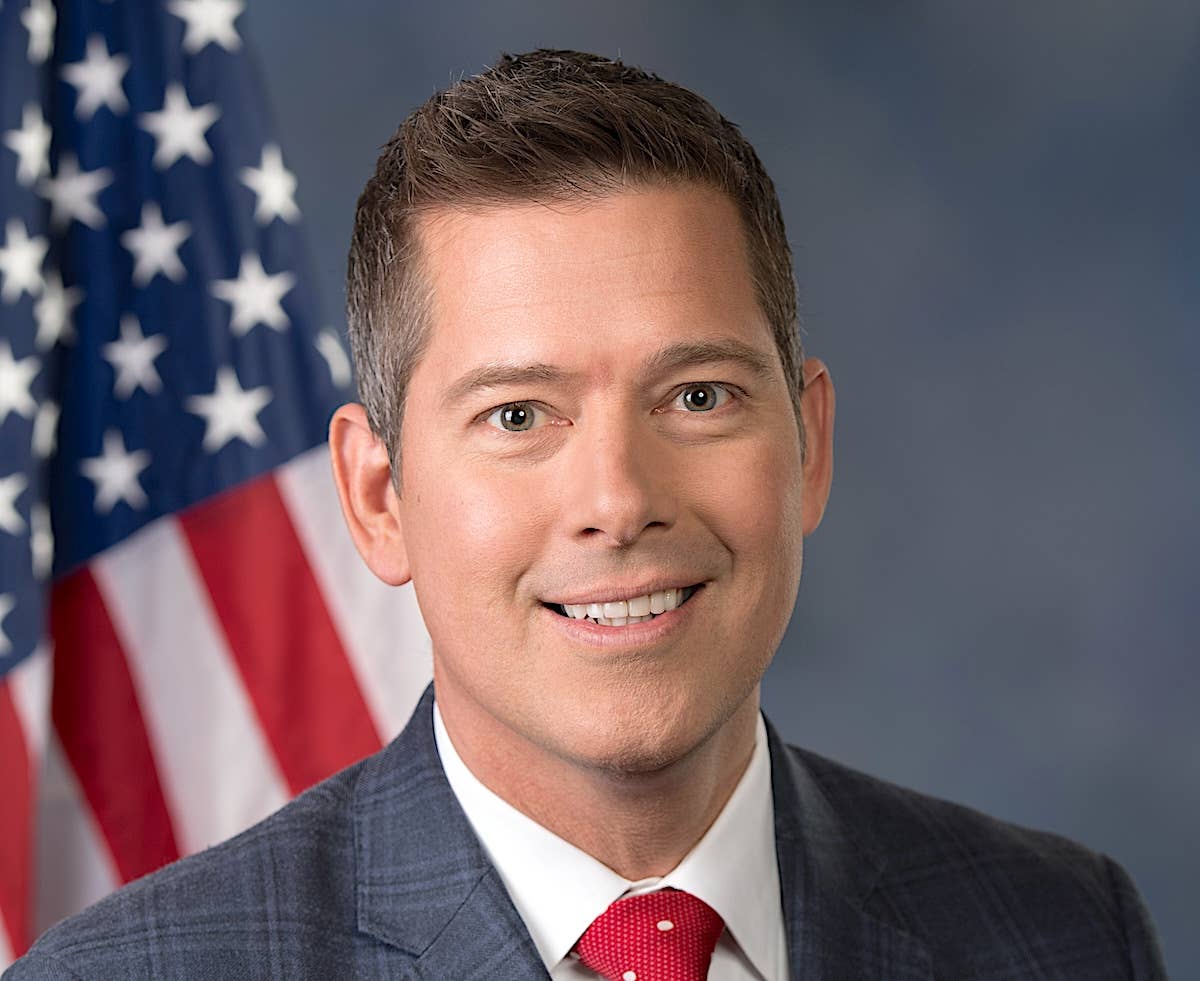Beware Of Low-Pressure Open Door Policies
Leave your hangar door open long enough, and things will blow in–possibly including dazzled tourists bearing 10-franc notes.

Two controversial physics notions: 1) It’s alleged that a rolling stone gathers no moss, but Keith Richards blunts that theory, and B) in aviation an open hangar door creates a low-pressure zone into which anything loose on the airfield flows with shameless disregard for adult principles. I know; I was sucked into my hangar 40 years ago and can’t escape.
In a dystopian past, I encountered an airport manager who insisted that hangars existed solely to store aircraft; anything else was contraband. In this prosaically administered world behind chain link and concertina wire, hangar tenants—TSA-vetted and tagged—should remove their aircraft from storage, fly, then upon return, shove the airplane back inside the vault, sealed from view until the next flight. It’s a safe and sterile environment, but I couldn’t live that way, so I found a Midwest grass strip, where hangars store more than aircraft. They hold memories, dreams, some failures, plus dead mice, rusted cylinders, and unlabeled spray paint cans that lost their squirt years ago.
My hangar door is a 40-foot-wide Hello. From there I can channel Walt Whitman (1818-1892) and “sound my barbaric yawp over the hangar roofs of the world.” Such yawping is quite civil when accomplished from a lawn chair beneath my Aeronca Champ’s wing. Occasionally, in what Whitman called “the last scud of day,” after a summer flight to nowhere, there might be a single-malt introduced. Depends on the company.
When the door opens all are welcome, including barn swallows who chase the mower down the runway to feed on bugs who thought they’d found the ideal home in the grass. Also in search of idyllic digs are the gypsy pilots who spot our runway and land just to see what’s inside the open hangars. It’s a trap. I’ve caught many who’ve dropped in for a few minutes, only to depart hours later after leaving calling cards that I staple to the back wall. Rarely do transients return, but their cards remain to fade and curl in the dust of Time that floats through the open door coating us all.
Helmut (not his real name) was a Swiss pilot. He’d been touring the Midwest by bus—everything about that has Rick Steves reaching for his bong—when as they approached our airport, he spotted my friend, Bill, landing his Piper PA-12 Super Cruiser (like a Cub only more so). Bill had been on a mission checking local airfields for signs of life, spotted my open hangar, and landed.
As Bill took a seat atop an overturned oil bucket, Helmut approached from the parking lot where the tour bus now sat, holding confused Swiss tourists wondering why they were in a cornfield and why Helmut, 28, was walking with zombie determination toward an open hangar. To Helmut it was clear. He’d been touring for a week, visiting one Amish general store after another, sampling Iowa’s extensive array of dried carp-on-a-stick and the worst wines this side of North Korean vineyards. Dreading another Cracker Barrel buffet, Helmut spotted the Super Cruiser on base turning final in a forward slip and shouted for the driver to stop.
Helmut’s “Sorry to intrude,” in Oxonian English, prompted Bill to respond, “Hell, that don’t sound like no southern Iowa accent,” and offered a seat on another upturned bucket and a warm Dr. Pepper. Helmut accepted one but declined the latter and quickly established his airport bona fides as a pilot held hostage by non-pilots. We saw his fellow travelers slipping from the bus as the tour guide nervously corralled them back.
Helmut said he’d never flown a taildragger, and since we had two on standby we rolled mine out, guided a stunned Helmut into the front seat and clamped a David Clark across his head. I climbed into the back as Bill called from the propeller: “Switch off?” I replied “Off,” and as Bill pulled the prop through four blades to prime the engine, Helmut adjusted the headset so we could speak though the intercom, which translates any language into pilot talk when accompanied by hand gestures.
“Brakes, contact!”
Bill gave the prop an easy snap then climbed into his airplane while the Continental warmed up. After a rolling control check and runup I waved to Bill, who’d followed us on the back-taxi down the runway. As we lined up for departure, Helmut asked where the control tower was. “Des Moines,” I answered, “but that’s a long ways off,” and opened the throttle. Champs and Super Cruisers don’t use much runway, even on warm days, still we were low as our shadows flashed across the Swiss tourists and their flummoxed guide. Helmut waved. The gravity-impaired below waved back, “Godspeed, Helmut!” (Viel Glück, Helmut!)
We broke the language barrier when Helmut turned with a shake of his head as though groping for the appropriate language to express how mind-expanding a summer flight in an old airplane across endless corn and soybeans can be to first-timers. He transitioned well to stick and rudder and expressed the usual embarrassment at his uncoordinated turns. After talking him through the landing, we headed to the hangar where the tour bus waited to return the escaped inmate to reality’s asylum.
“What do I owe you?” Helmut asked while opening his wallet, and I replied with uncouth chauvinism, “Oh, nothing.” Adding, “Flying’s free in America.” I think I got that from West Side Story. Still, Helmut pressed a 10-franc note into my hand in lieu of a calling card and reboarded the tour bus, never to return. Well, I guess he returned to Switzerland but not, as far as I know, to Iowa, where flying really is free … to those who can afford it.
At today’s exchange rate, ten francs gets $11.67 USD, enough for three gallons of mogas in the Champ. I laminated the Swiss ten-spot and tacked it to the hangar wall amid the calling cards of other gypsy pilots who’d been lured into the low pressure from open hangars, and there, to borrow from Whitman’s hangar neighbor, Henry Longfellow (1807-82):
“I will keep you forever,
Yes, forever and a day,
Till the walls shall crumble to ruin
And moulder in dust away!”






